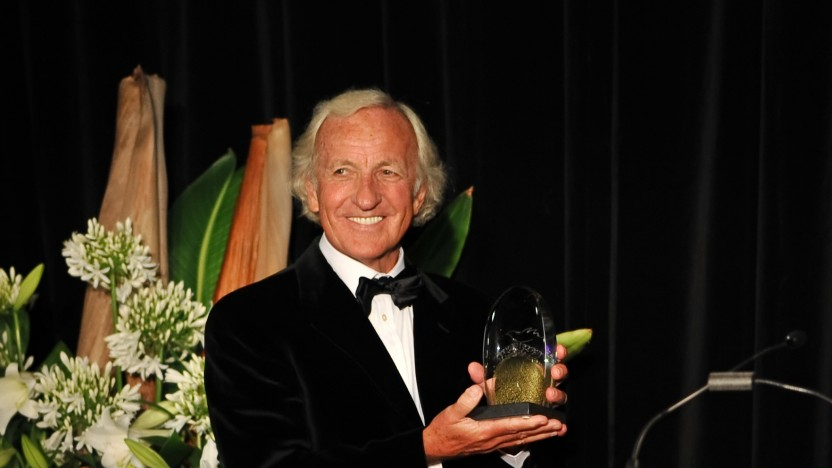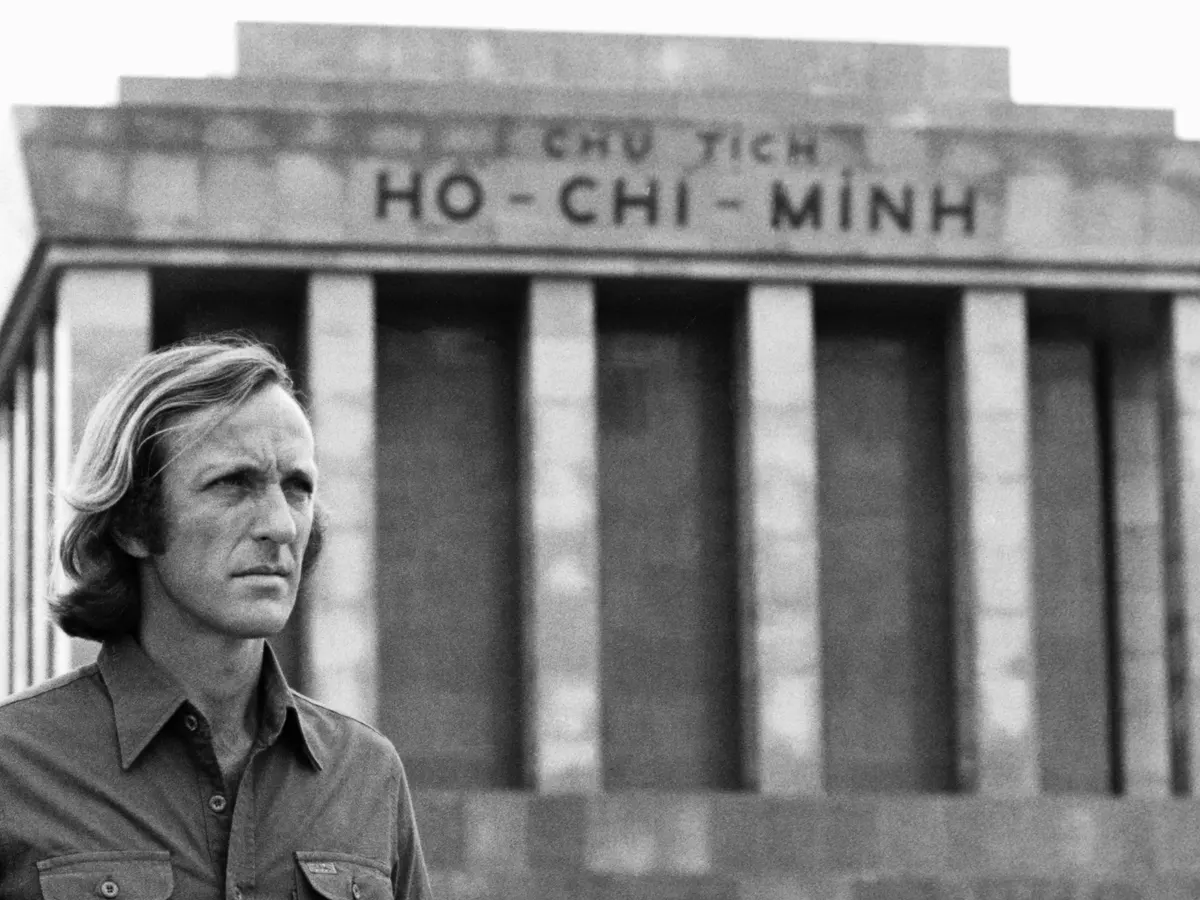

“A giant of journalism” was how Britain’s National Union of Journalists described John Pilger on his death in December 2023.
And a giant he was – a brave and prolific film-maker and a brilliant reporter, with a rare gift for vivid, descriptive writing. But his greatest gift perhaps was in ‘lifting rocks’. In his dozens of documentaries and hundreds of articles over six decades, most often exposing the ruthlessness of power, John became the most important journalist of his generation.
From Vietnam to South Africa, from Cambodia to Palestine, John’s work was committed to holding governments – especially the US, Britain and Australia, too often absolved of criminality in the West, to account for their actions and abuses. That is what true journalism should be about – but, as John knew only too well, rarely is.
He spoke out in support of the vulnerable and marginalised, those in poverty, asylum seekers, victims of war, and Indigenous citizens in countries where they were often seen as “unpeople”.
For years, he advocated for his friend Julian Assange – persecuted by a rapacious US empire for telling the truth, and a touchstone in our era dividing those who commit or defend war crimes from those who expose them.
John’s films brought global attention to neglected issues. After his 1994 film Death of a Nation – about Indonesia’s brutal occupation of East Timor – was screened in Britain, it became the highest-rated TV documentary in 15 years with 4,000 telephone calls per minute made by viewers to the programme’s action line. The film had been “crucial”, said Timor’s first President, Jose [e acute] Ramos-Horta, after his country gained its independence, “in bringing forward our liberation and saving countless lives.”
Ten years later, John’s film Stealing A Nation documented the largely unknown story of how Britain and the US conspired to expel the entire population of Diego Garcia in the Chagos Islands in the Indian Ocean in order to build a military base. The film won a Royal Television Society award.
But John was a million miles removed from ever joining the elite club of journalists rewarded by the media and political establishment. He was independent, and frowned on complicit or ‘embedded’ journalism, seeking rather to expose it.
His 2010 film The War You Don’t See showed how the media, and compliant journalists, actually made possible the brutal wars in Iraq and Afghanistan, by promoting the propaganda that was crucial to the commission of crimes.
It was his speaking out, as a journalist, against what he called the ‘echo chamber’ of established power that made John an inspiration to millions of people around the world.
Authentic, hard-working and often taking personal risks, he should be seen as a role model for young journalists entering the profession today.
John challenged the status quo, and no more so than in his native Australia. His films about Indigenous Australians and his book A Secret Country, published in 1989, took on a taboo subject in his homeland and earned him the respect and love of huge numbers of Australia’s First Nations.
John’s books and articles, along with his television and cinema films, forensically documented many of the worst crimes of the 20th century, drawing on his first-hand reporting in places such as Vietnam, Cambodia, Biafra and Bangladesh. He travelled the world, and his experiences – from reporting on the impoverished north of England in the 1960s to the Civil Rights movement in the USA and the genocide of Pol Pot’s Khmer Rouge – shaped his lifelong commitment to justice.
John was a campaigning journalist in the best sense of that phrase: he cared about the people he wrote about and worked throughout his career to encourage them, tell their stories – and make the world a better place.
The great legacy he leaves, which this relaunched and improved website showcases, is not just of historical interest. It’s a vital guide to the world we find ourselves in now, and a signal to all that, with determination and courage, we as individuals and together can throw light on what’s wrong and help to change it.



